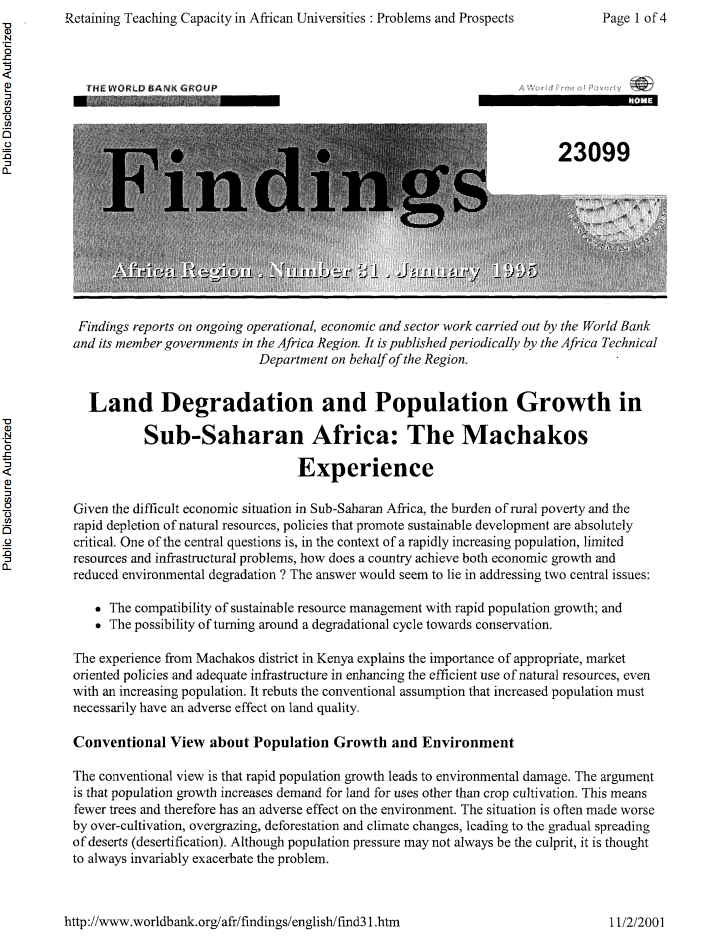The Cost of Fire
In a five-month period, man-made fire cost Indonesia $16.1 billion or 2 percent of GDP in 2015. An estimated 2.6 million hectares – an area four times the size of Bali – burned. While the 2015 fires were some of the worst in recent years (in part as a result of el Nino), they are by no means a singular event. Wide-scale fire crises occur annually in Indonesia. Indonesia’s fire story is not just one of loss and damage; fires contribute to significant economic upside for a diverse, if concentrated, group of actors.


